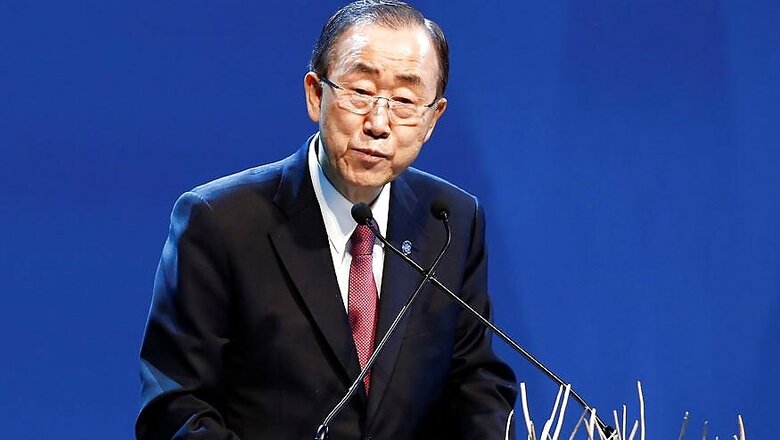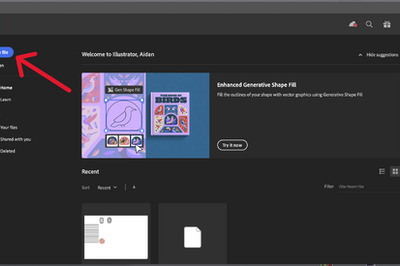
views
United Nations: UN chief Ban Ki-moon on Sunday lauded India for its "swift action" over the decision to ratify the Paris pact on climate change, saying he is looking
forward to receiving New Delhi's instrument of accession.
"The Secretary-General has made clear his hopes for the ratification of the Paris Agreement by a large number of states as early as possible, so he would be pleased by swift
action by India. He looks forward to receiving India's instrument of accession," UN Secretary-General Ban Ki-moon's deputy spokesman Farhan Haq told PTI.
Prime Minister Narendra Modi yesterday announced in Kerala that India will ratify the Paris climate deal made in Paris last year on October 2, the birth anniversary of Mahatma Gandhi.
Earlier this month, the US and China, the world's two largest emitters, formally joined the Paris agreement, which was adopted by 195 parties to the UN Framework Convention on Climate Change last December in Paris.
The agreement calls on countries to combat climate change and to accelerate and intensify the actions and investments needed for a sustainable low carbon future.
Specifically, it seeks to limit global temperature rise to well below 2 degrees Celsius, and to strive for 1.5 degrees Celsius.
The agreement will enter into force 30 days after at least 55 countries, accounting for 55 per cent of global greenhouse gas emissions, deposit their instruments of ratification or acceptance with the Secretary-General.
A total of 60 countries so far have deposited their instruments of ratification for the agreement, representing more than 47.5 per cent of global greenhouse gas emissions.
Ban said this week that since more than 55 countries have formally joined the Paris Agreement on climate change, a critical threshold has been crossed that will help bring into force the landmark pact that seeks to put the world on a path towards low-carbon growth and a more sustainable future.
"I am confident that, by the time I leave office, the Paris Agreement will have entered into force," the UN chief has said.
"This will be a major achievement for multilateralism," he said.
India, which along with the US and China is among the world's top greenhouse gas emitters, has maintained that the burden of fighting climate change cannot be put on the
shoulders of the poor after decades of industrial development by the rich nations.
It has announcedplans to quadruple its renewable power capacity to 175 gigawatts by 2022 as part of the governments plan to supply electricity to every household.
India seeks to add 100 gigawatts of photo-voltaic capacity, 60 gigawatts of wind power, 10 gigawatts of biomass and five gigawatts of hydro projects.



















Comments
0 comment